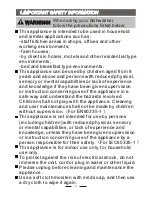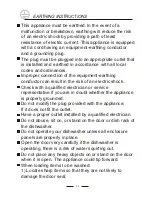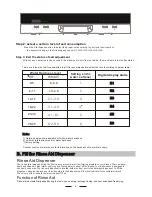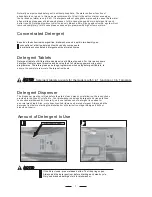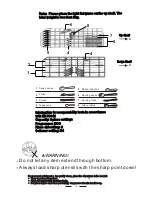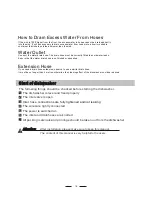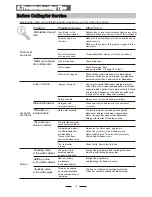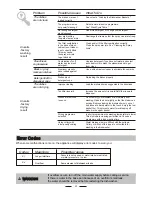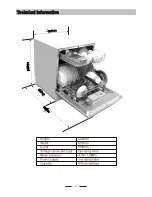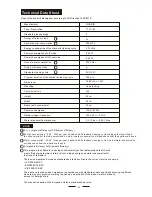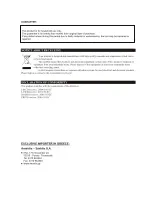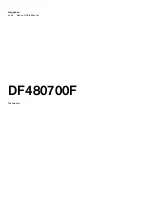
9
Dishes and items of cutlery must not lie inside one another, or cover each other.
To avoid damage to glasses, they must not touch.
Load large items which are most difficult to clean into the basket.
Long bladed knives stored in an upright position are a potential hazard!
Long and/or sharp items of cutlery such as carving knives must be positioned
horizontally in the basket.
Please do not overload your dishwasher. This is important for good results and for
reasonable energy consume.
Load hollow items such as cups, glasses, pans etc. With the opening downwards so that
water cannot collect in the container or a deep base.
(For best performance of the dishwasher, follow these loading guidelines.
Features and appearance of baskets and cutlery baskets may vary from your model.)
Scrape off any large amounts of leftover food. Soften remnants of burnt food in pans
It is not necessary to rinse the dishes under running water.
Place objects in the dishwasher in following way:
1.Items such as cups, glasses, pots/pans, etc. are face down.
2.Curved items, or those with recesses, should be loaded at a slant so that water can run off.
3.All utensils are stacked securely and can not tip over.
4.All utensils are placed in the way that the spray arms can rotated freely during washing.
NOTE:
NOTE:
Very small items should not be washed in the dishwasher as they could easily fall out of the basket.
Attention before or after loading the Dishwasher Baskets
Attention before or after loading the Dishwasher Baskets
Loading the baskets according to En50242:
Loading the baskets according to En50242:
1.Upper basket:
1.Upper basket:
2.Lower basket:
2.Lower basket:
Saucers
2
1
Cups
3
Glasses
Small serving bowl
4
5
Medium serving bowl
6
Large serving bowl
Dessert dishes
7
8
Dinner plates
9
Soup plates
10
Oval platter
10
10
9
9
7
8
8
7
4
3
3
2
2
1
6
5
1
2
1
1
Up Shelf
Up Shelf
Down Shelf
Down Shelf
IN




